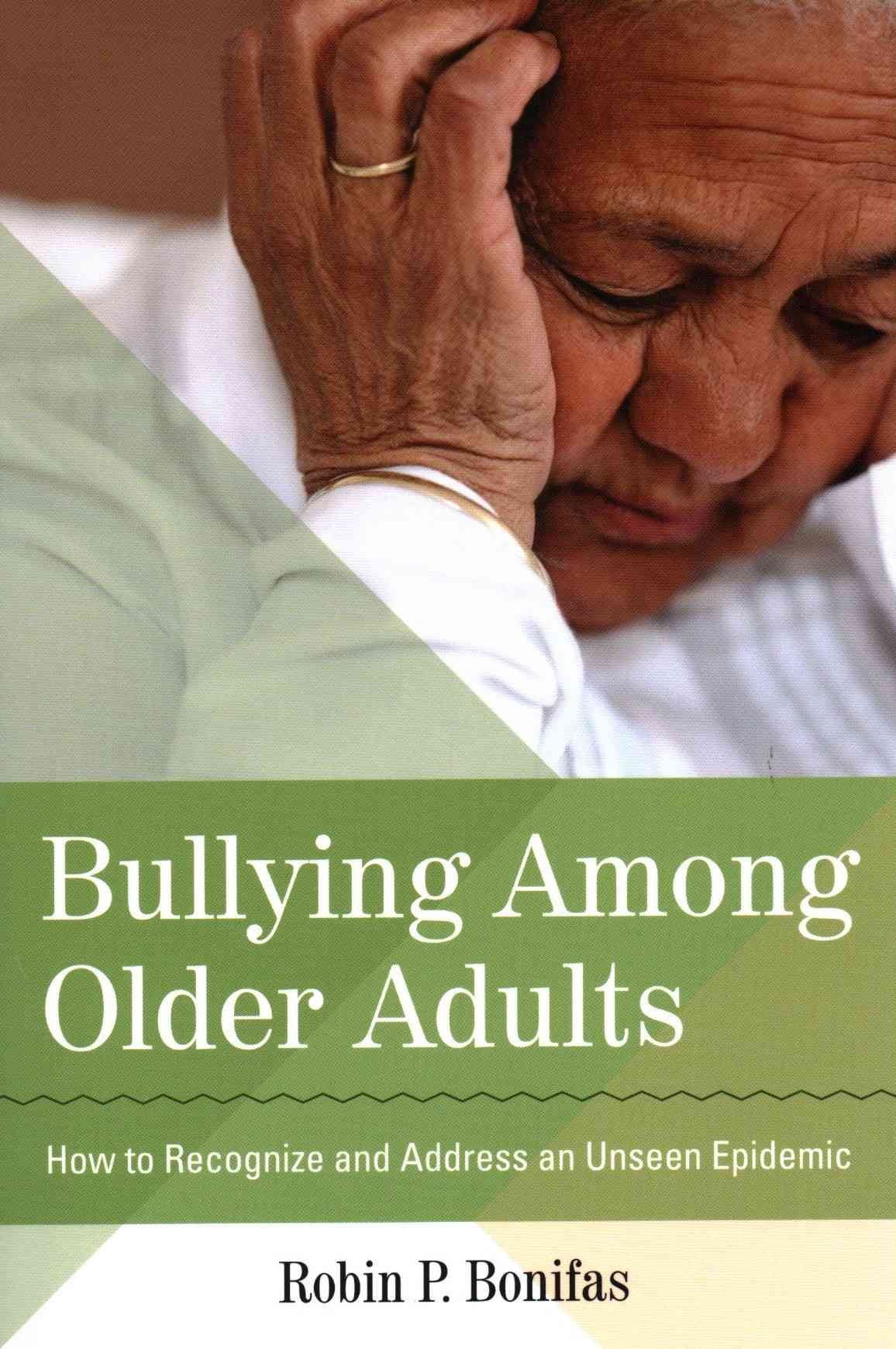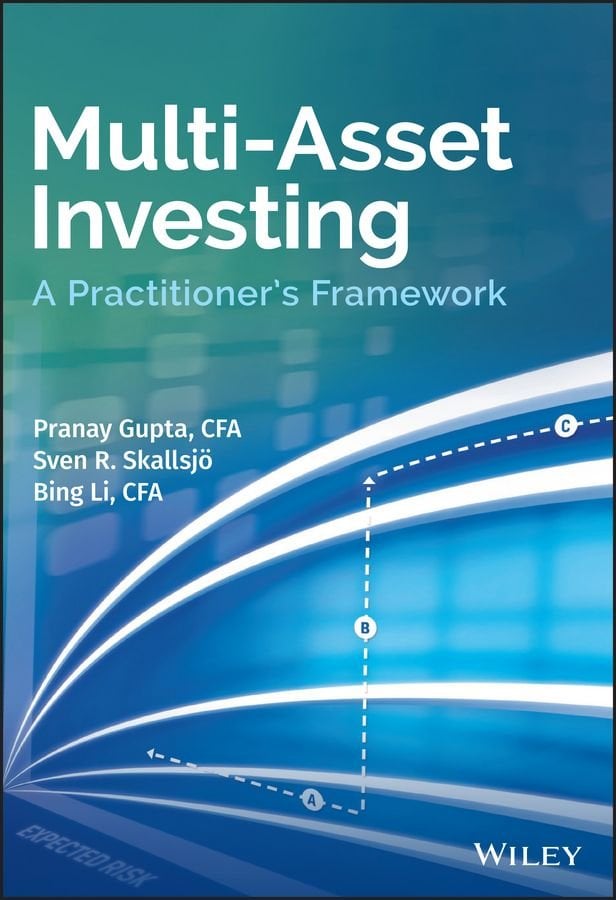This book analyzes the factors and mechanisms involved in the development and adaptation of children and adolescents to adverse and risky contexts in four Latin American countries: Argentina, Brazil, Chile and Mexico. The experience of growing up in contexts of poverty and social vulnerability is a risk factor for child and adolescent development which may produce a series of negative effects in their adulthood, including mental disorders. This is a global concern, but so far the majority of literature about the topic has focused on developed countries. This volume aims to enrich the international literature by presenting results of research carried out in developing countries, showing how children and adolescents deal with adverse and risky contexts and analyzing both negative outcomes and the development of resilience and coping strategies. The studies gathered in this volume are theoretically grounded on systemic and ecological models which analyze developmental trajectories and outcomes taking into account the interaction of different ecological systems, such as the individual, the family, the school and the wider society. Departing from this theoretical framework, the chapters in this volume analyze the risk factors posed to child and adolescent development by adverse and risky social contexts and present evidence-based interventions aimed at both preventing negative outcomes and helping children and adolescents develop coping strategies to deal with adverse situations, such as poverty and social marginalization. Child and Adolescent Development in Risky Adverse Contexts: A Latin American Perspective will be of interest to developmental, clinical, health, and educational psychologists, as well as social workers, directly working or doing research with children and adolescents in situations of social vulnerability.












